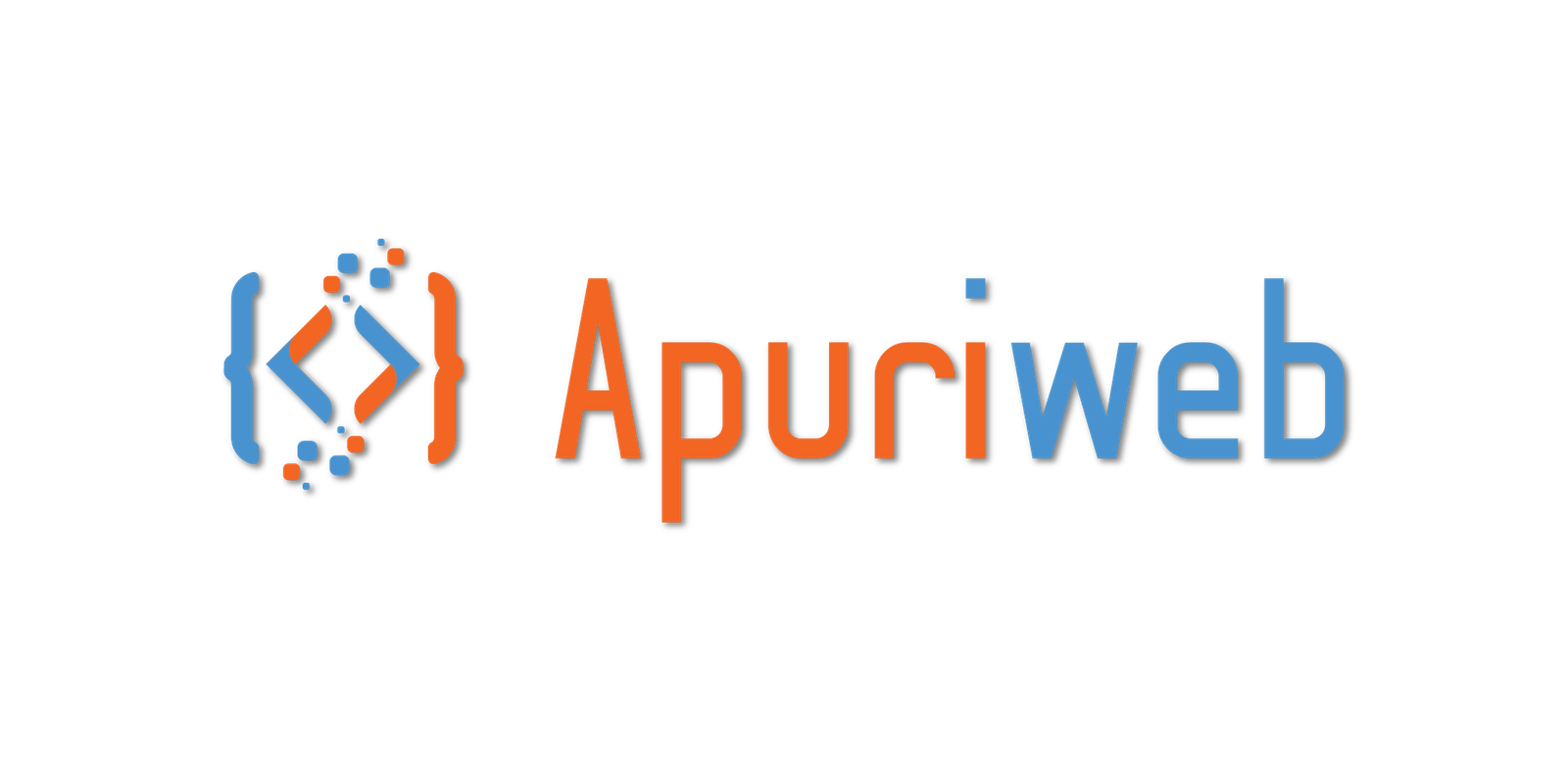
Blockchain technology is a decentralized and distributed ledger system that enables the secure and transparent recording of transactions across multiple computers or nodes. It is best known as the underlying technology behind cryptocurrencies like Bitcoin, but its applications extend far beyond digital currencies. Here are some key aspects and applications of blockchain technology:
Decentralization:
Blockchain operates as a decentralized network, where multiple participants (nodes) maintain a copy of the entire blockchain ledger. This eliminates the need for a central authority or intermediary, providing increased transparency and resilience against single points of failure.
Security and Immutability:
Transactions recorded on a blockchain are secured through cryptographic techniques, making them tamper-resistant. Once a transaction is added to the blockchain, it becomes virtually impossible to alter or delete it, ensuring data integrity.
Transparency and Auditability:
Blockchain provides transparency by allowing all participants to view and verify the transaction history. This transparency and audibility make blockchain suitable for applications that require trust and accountability.
Smart Contracts:
Smart contracts are self-executing contracts with predefined conditions written on the blockchain. They automatically execute when the specified conditions are met, removing the need for intermediaries and enhancing the efficiency of contract management.
Supply Chain Management:
Blockchain can be used to track and trace products throughout the supply chain, ensuring transparency, authenticity, and provenance. This helps in reducing fraud, improving accountability, and enhancing the efficiency of supply chain operations.
Financial Services:
Blockchain has significant implications for the financial sector. It enables faster and more secure cross-border payments, reduces the need for intermediaries in transactions, and provides opportunities for financial inclusion through decentralized financial systems.
Healthcare:
Blockchain can improve the security and privacy of healthcare data, enable interoperability between different healthcare systems, and facilitate the secure sharing of patient records across providers. It can also streamline the drug supply chain and improve the tracking of medical devices.
Identity Management:
Blockchain offers a decentralized and secure framework for managing digital identities. It allows individuals to have control over their personal information, facilitates self-sovereign identity, and reduces the risk of identity theft and fraud.
Voting Systems:
Blockchain can provide a transparent and tamper-proof platform for secure voting systems. It ensures the integrity of votes, prevents duplication or manipulation, and enables greater trust in the electoral process.
Energy and Sustainability:
Blockchain can enable peer-to-peer energy trading, facilitate the tracking of renewable energy generation and carbon credits, and incentivize sustainable practices through tokenization and rewards systems.
These are just a few examples of how blockchain technology is being applied across various industries. The potential for innovation and disruption in many sectors is significant, as blockchain continues to evolve and find new applications.
